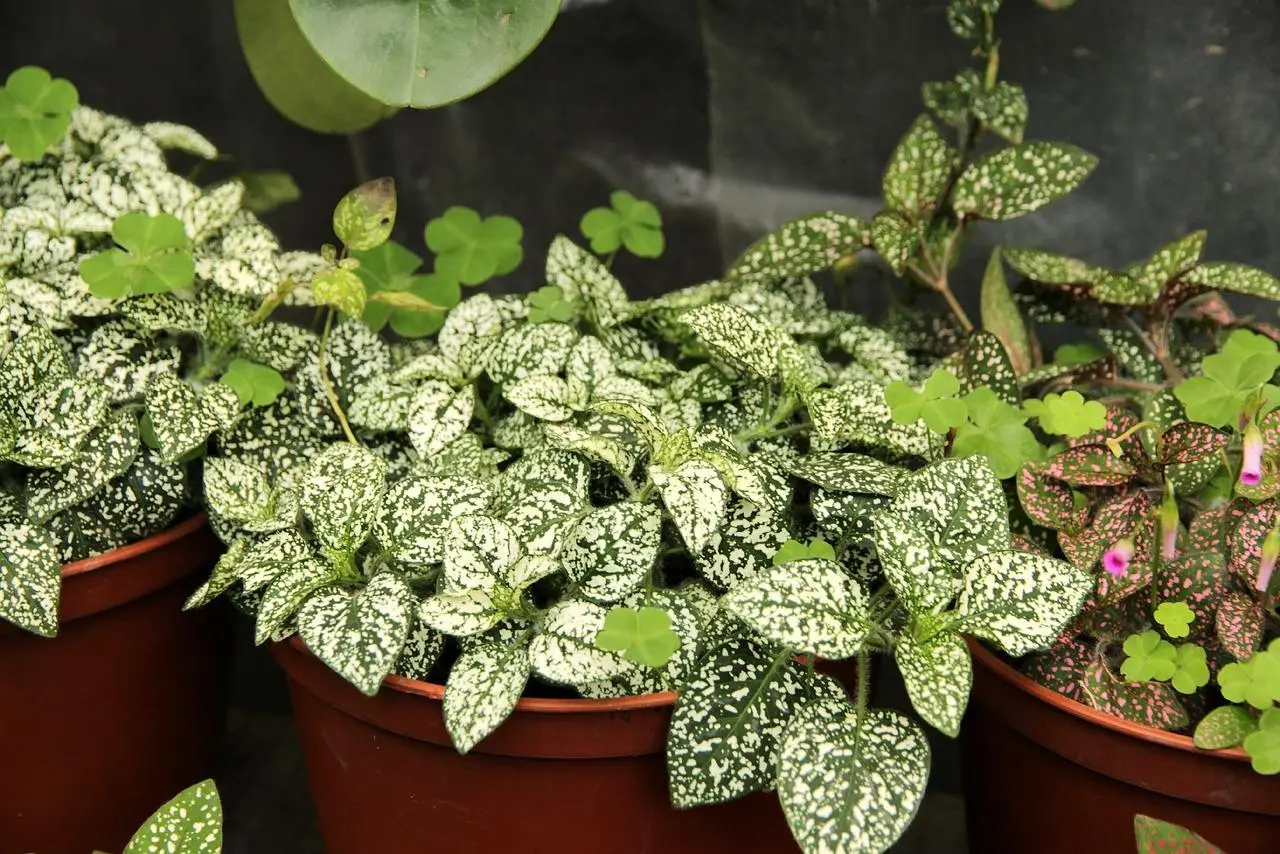Creating a Sustainable Garden Oasis
Grasping the Concept of Sustainable Gardening
Sustainable gardening is a holistic approach that focuses on cultivating plants in a way that conserves resources, supports local ecosystems, and promotes environmental health. The significance of sustainability in gardening cannot be overstated, as it directly contributes to environmental conservation and combats climate change. Engaging in sustainable gardening offers numerous benefits, including improved personal well-being, healthier local ecosystems, and a reduction in carbon footprints.
Strategizing Your Eco-Friendly Garden Layout
Before diving into planting, it’s essential to evaluate your space thoroughly. Considerations such as size, sunlight exposure, and soil quality play a crucial role in determining what will thrive in your garden. Establishing realistic goals—whether it’s a small herb garden or a larger vegetable patch—will help streamline your efforts. Additionally, selecting the right garden design, be it raised beds, container gardening, or traditional rows, will maximize your space and enhance productivity.
Emphasizing Native and Drought-Tolerant Plants
Integrating native plants into your garden is vital for fostering biodiversity and creating a resilient ecosystem. Native species are well-adapted to local conditions, making them easier to maintain and better for the environment. When selecting plants, consider those that thrive in your climate to ensure a flourishing garden. Moreover, opting for drought-resistant varieties can significantly reduce water usage, promoting sustainability and conserving vital resources.
Adopting Organic Gardening Methods
Organic gardening involves a variety of techniques that prioritize natural processes. One key practice is composting, which enriches soil health and reduces waste. Additionally, employing natural pest control methods, such as companion planting and attracting beneficial insects, can help maintain plant health without the use of harmful chemicals. These practices not only enhance the quality of your garden but also contribute to a healthier environment.
Implementing Water-Saving Techniques
Efficient watering is crucial for sustainable gardening. Techniques such as drip irrigation and rainwater harvesting can drastically cut down water consumption while ensuring plants receive adequate moisture. Another effective method is mulching, which helps retain soil moisture and reduce evaporation. Designing a water-efficient landscape can lead to a thriving garden while conserving precious water resources.
Promoting Wildlife and Biodiversity
Creating an inviting habitat for wildlife is an essential aspect of sustainable gardening. Incorporating features like birdhouses and native plants can attract beneficial insects and pollinators, enhancing biodiversity. These elements play a vital role in maintaining a balanced and healthy garden ecosystem, ultimately benefiting both your plants and the surrounding environment.
Seasonal Care for a Thriving Garden
Understanding the seasonal tasks required for maintaining sustainability is key to a successful garden. Implementing techniques such as crop rotation and soil rejuvenation helps combat pests and diseases while promoting soil health. As winter approaches, preparing your garden by protecting plants and enriching the soil ensures that your garden remains resilient and productive year after year.
Fostering Community Engagement and Resource Sharing
Joining local gardening groups or cooperatives can amplify your sustainable gardening efforts. Community gardens serve as excellent models for practicing sustainable techniques, allowing individuals to share knowledge, resources, and experiences. Engaging in activities like seed swapping and workshops fosters a sense of community while promoting learning and sustainability.
Exploring New Frontiers in Eco-Friendly Gardening
Innovations in sustainable gardening are continually evolving, providing new opportunities for eco-conscious gardeners. Technological advancements and tools make it easier to implement sustainable practices, while trends in permaculture and regenerative gardening offer fresh perspectives on food production. Examining case studies of successful sustainable gardening projects can inspire and inform your own gardening journey.
With these principles in mind, anyone can create a vibrant and sustainable garden that not only contributes to personal well-being but also supports the environment and local ecosystems. Embracing these techniques will lead to a flourishing garden that is both beautiful and ecologically responsible.




